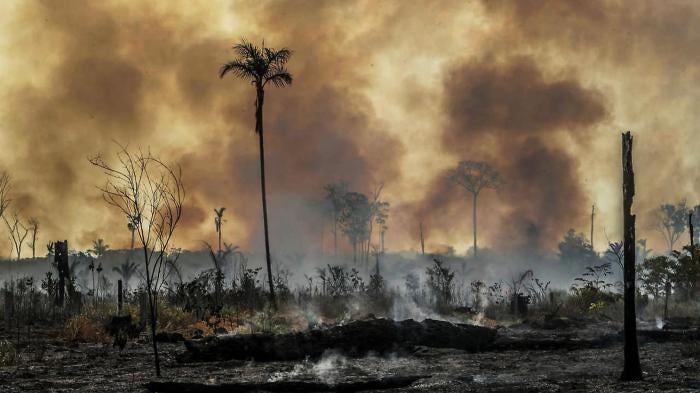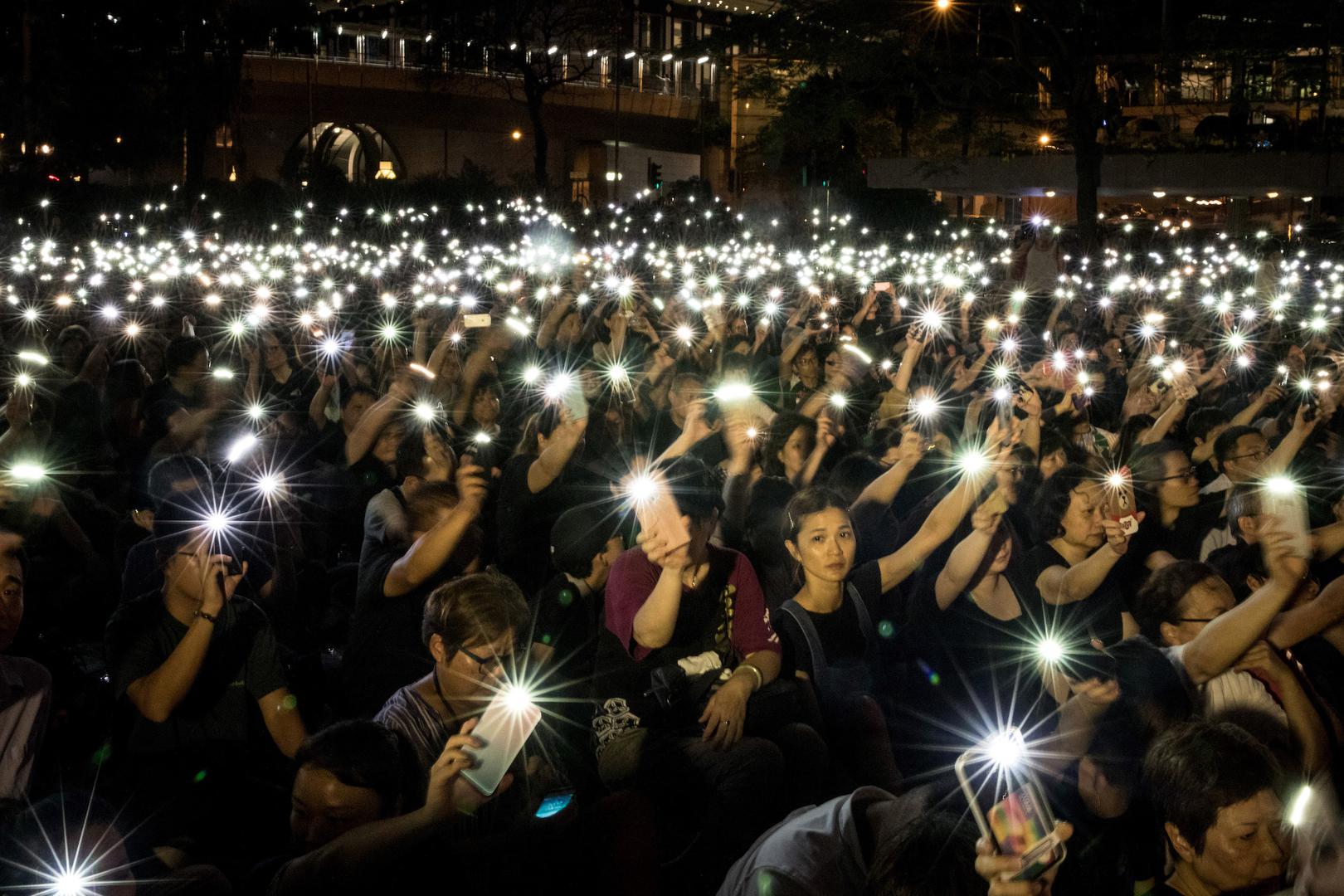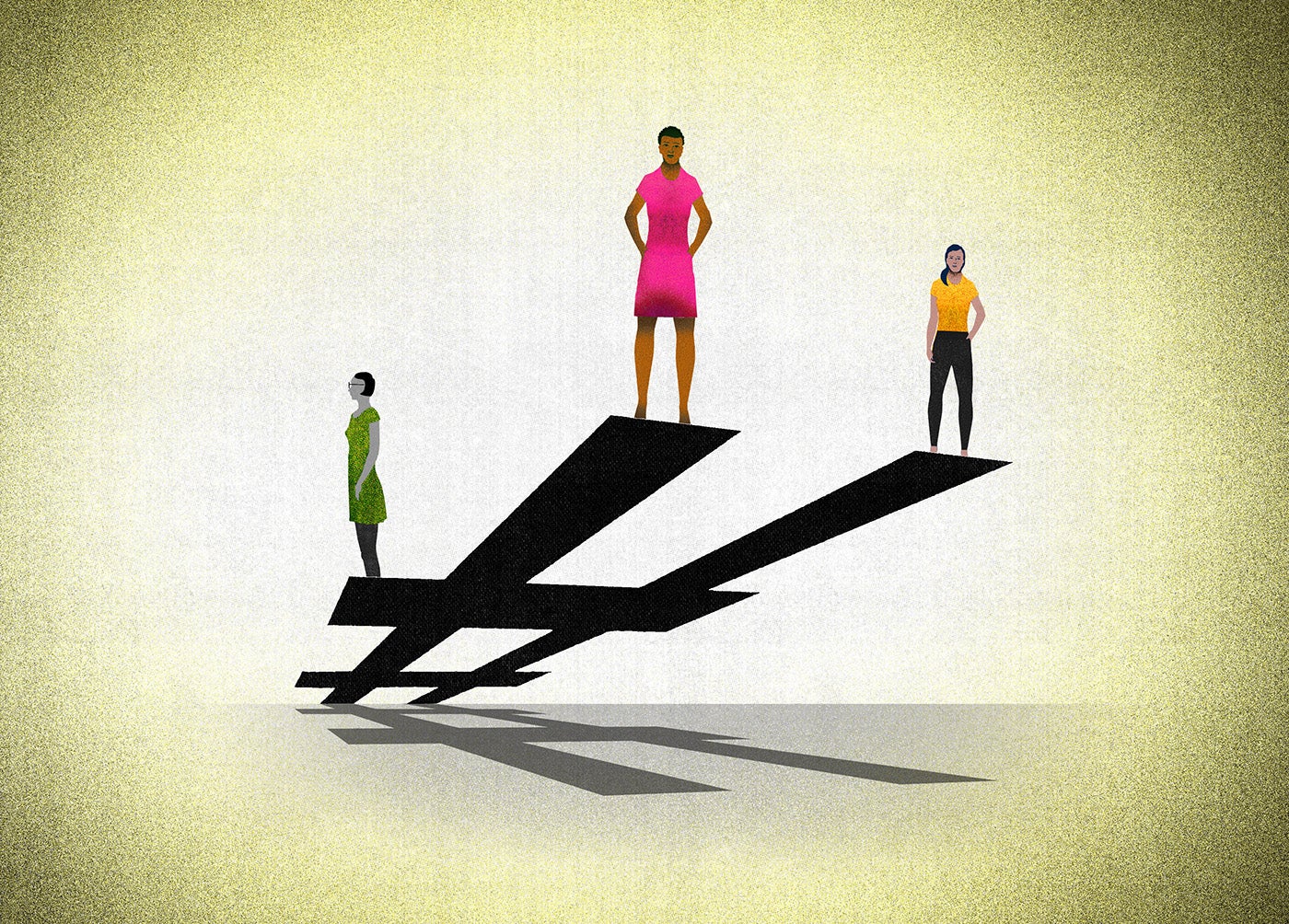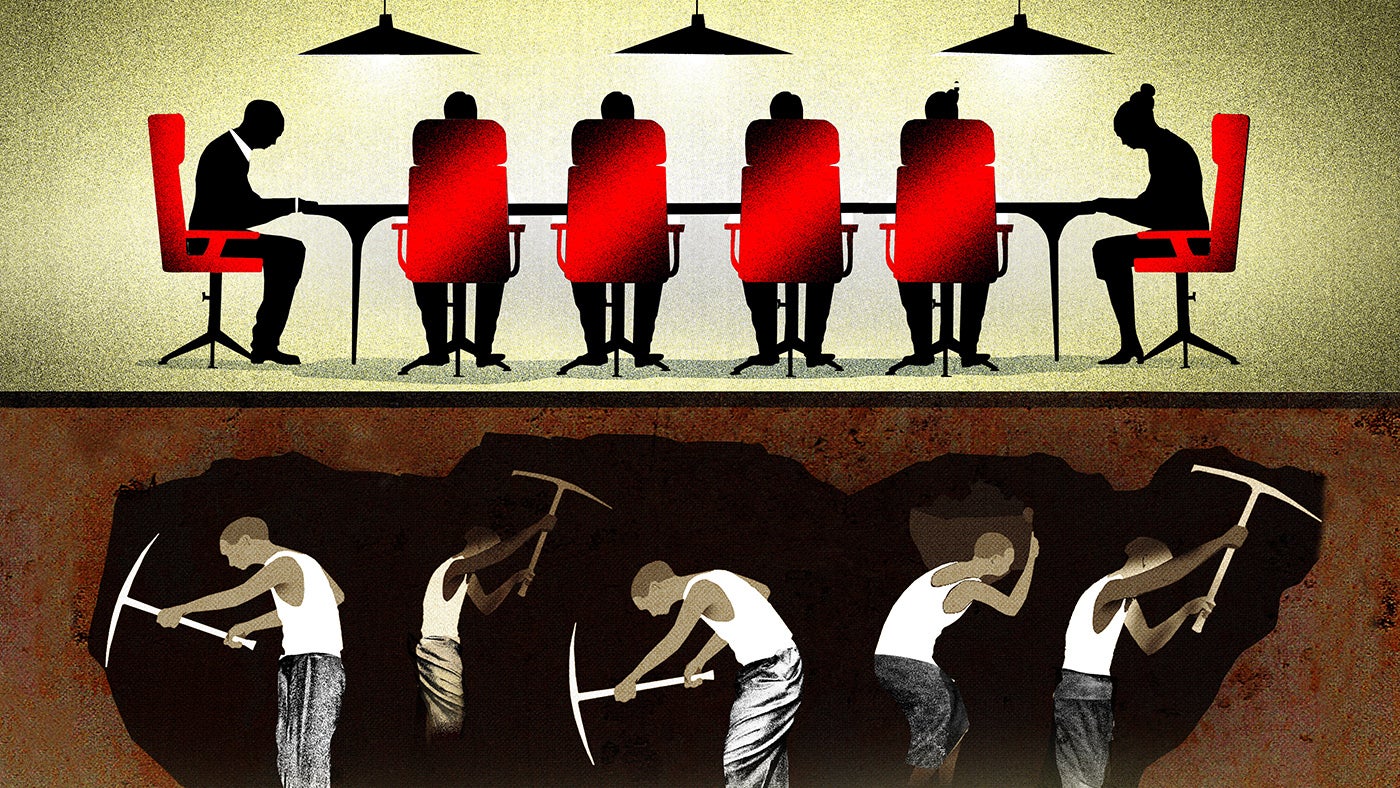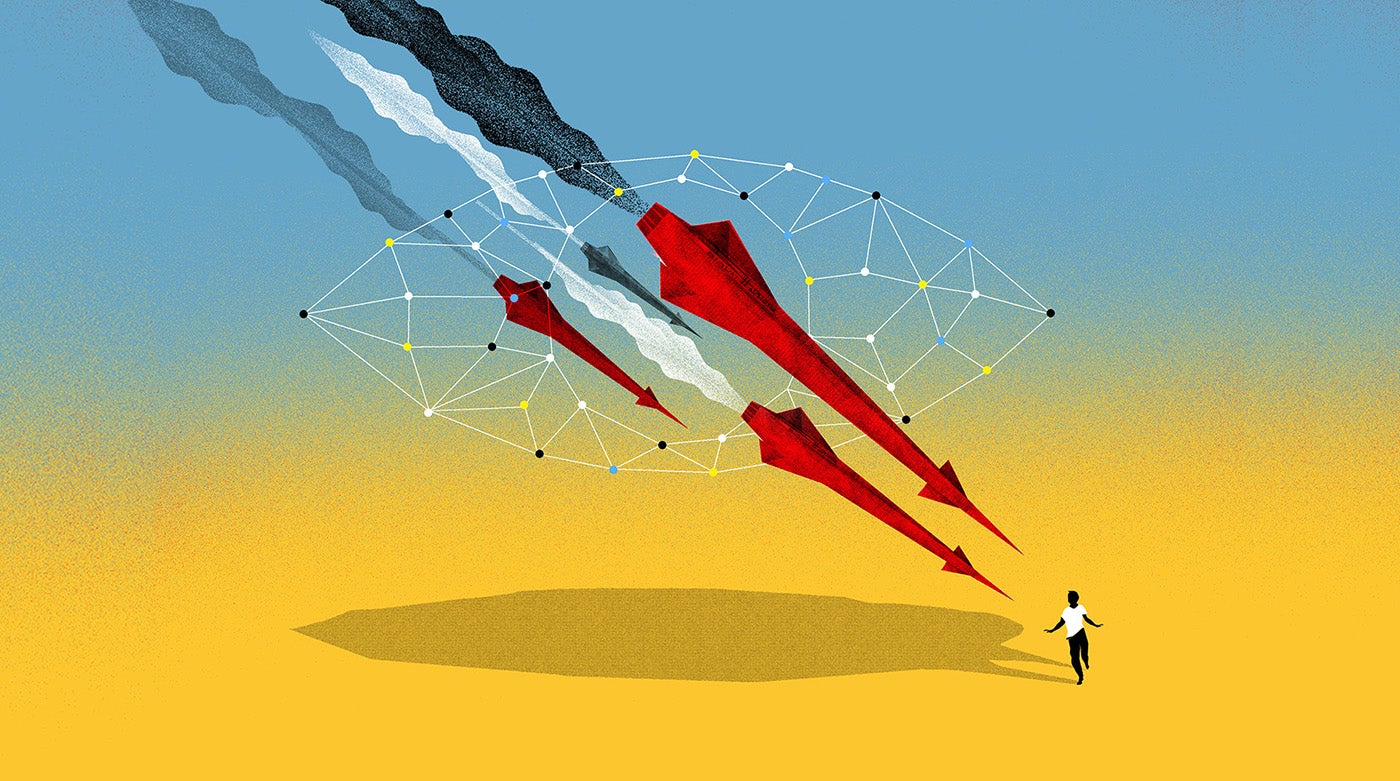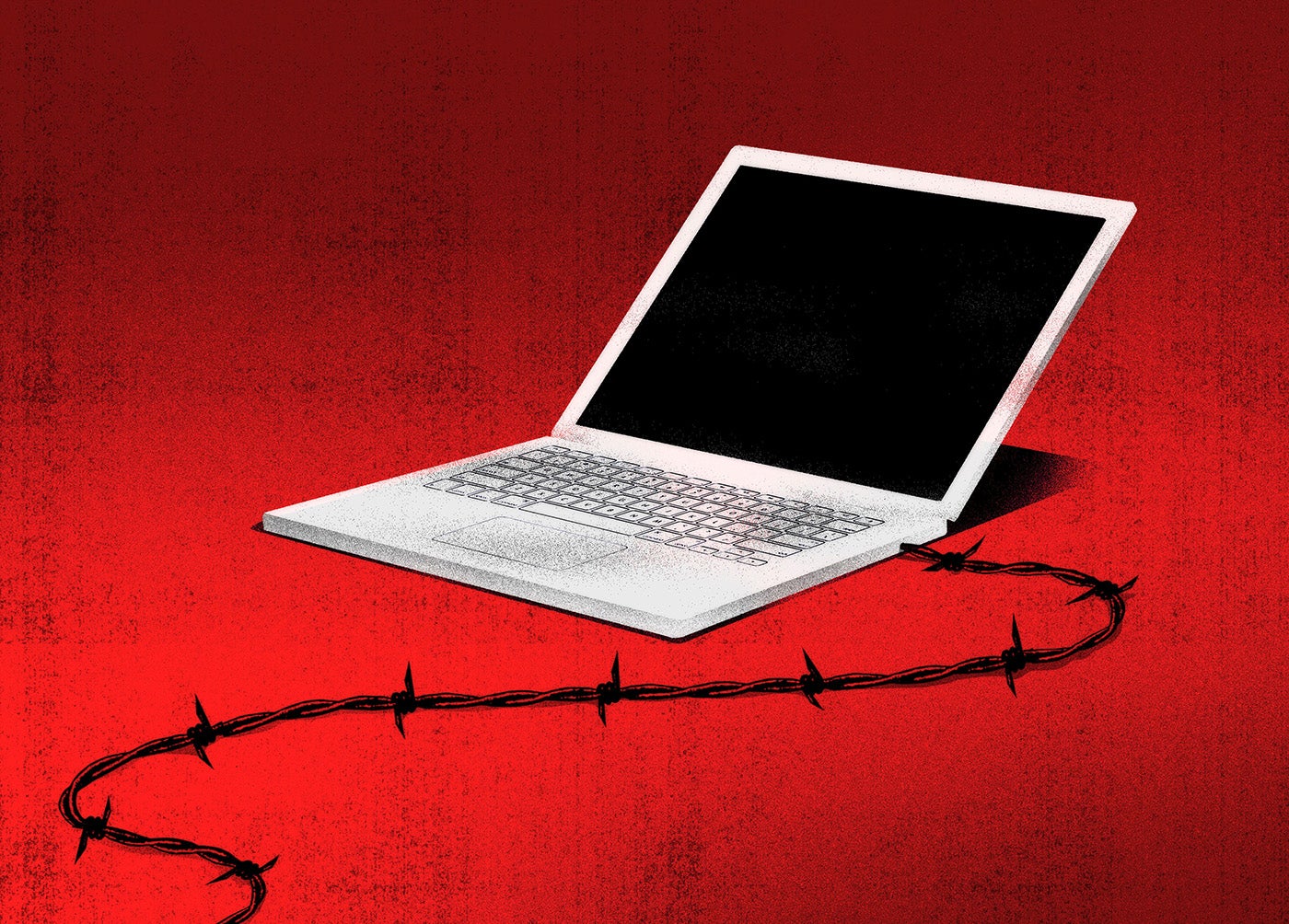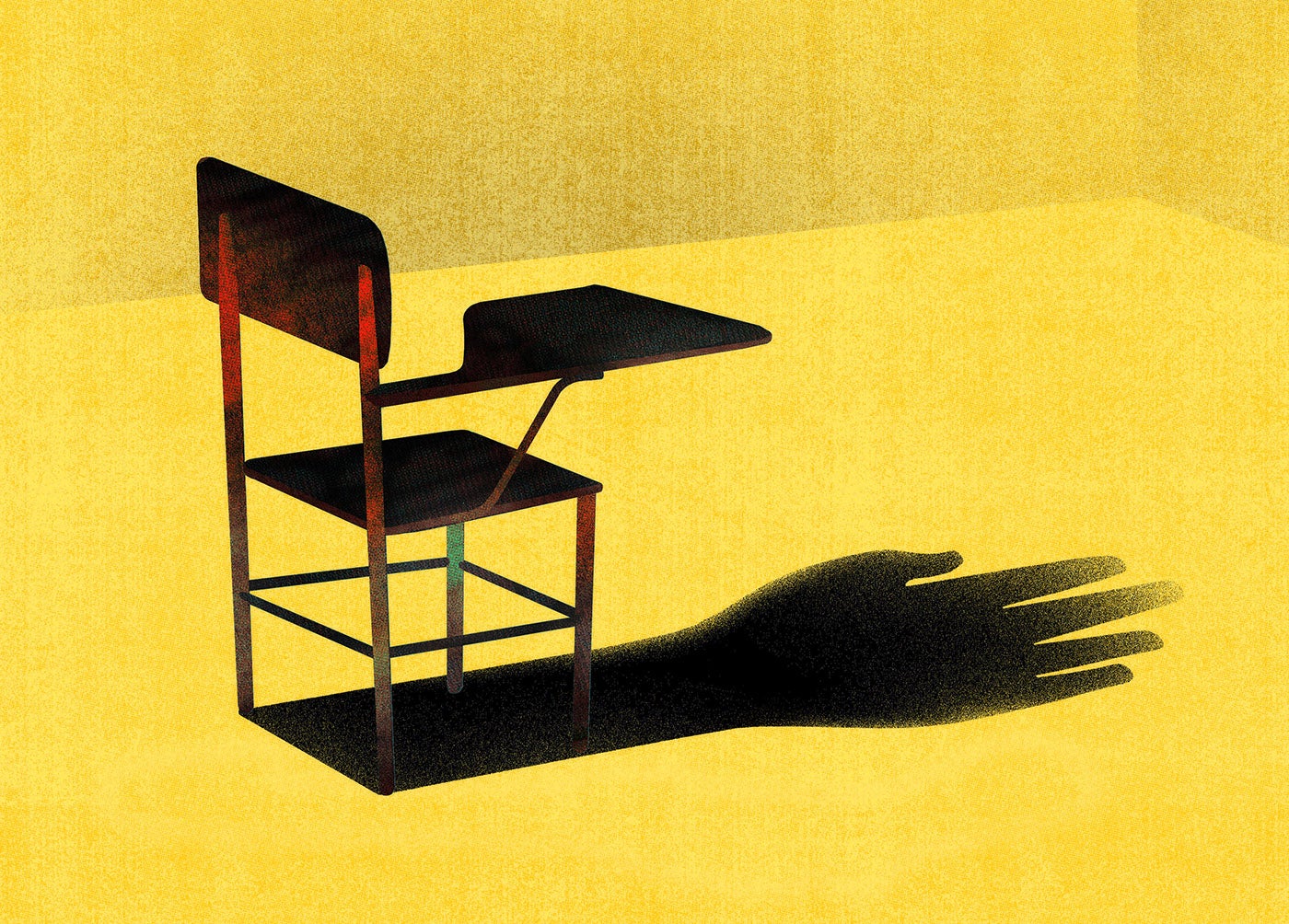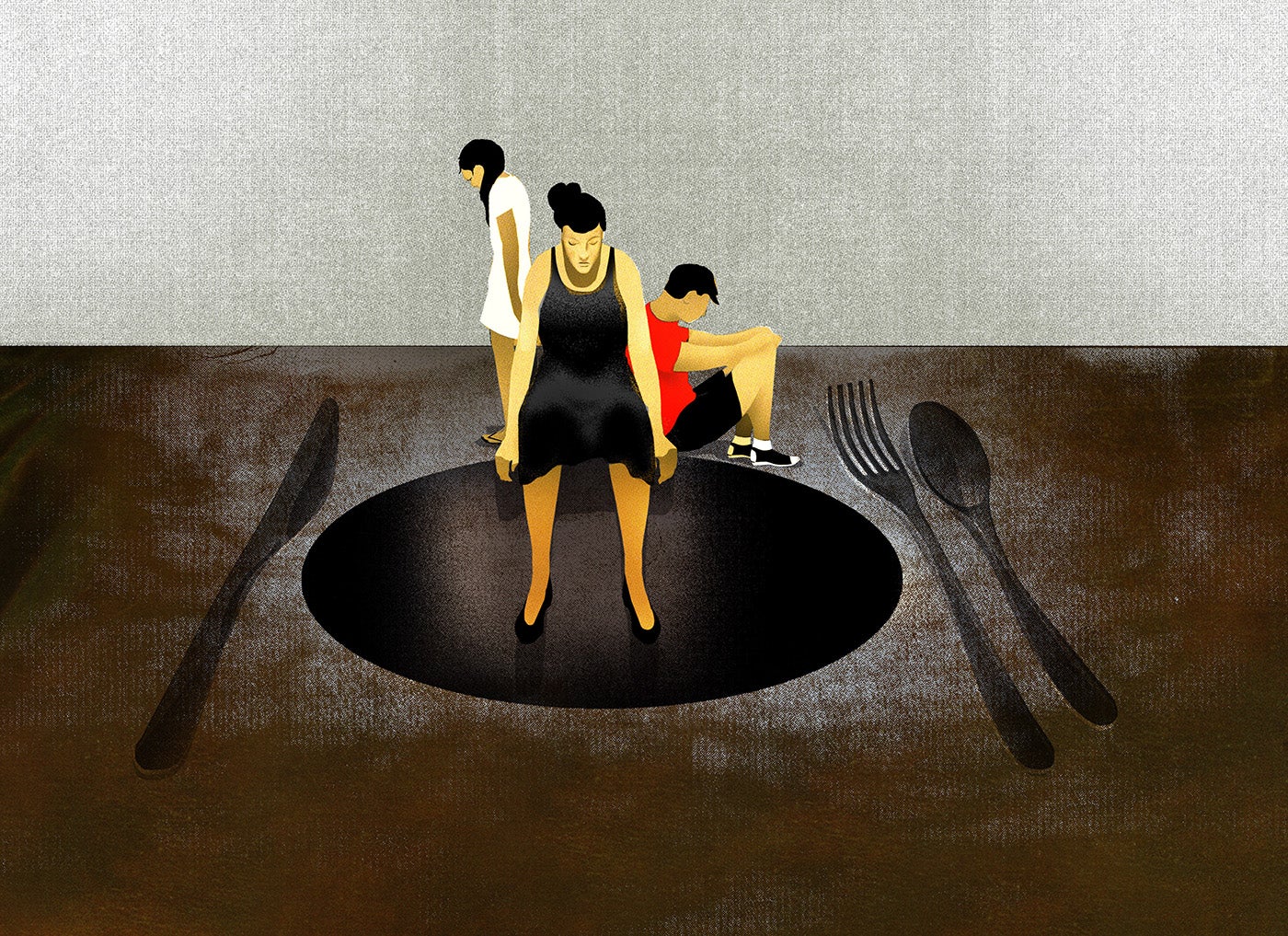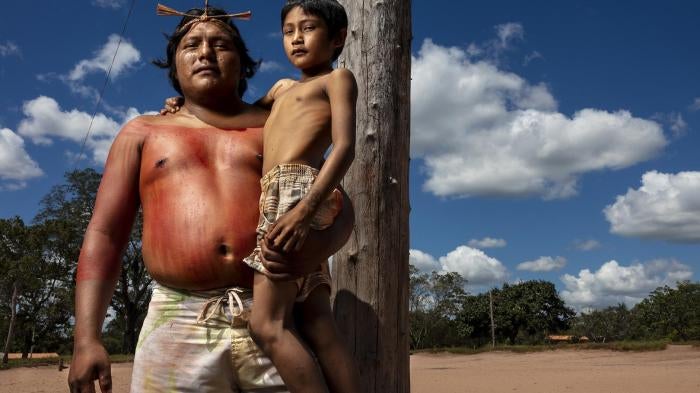During his first year in office, President Jair Bolsonaro has embraced an anti-rights agenda, pursuing policies that would put vulnerable populations at greater risk. The courts and Congress blocked some of those policies.
The Bolsonaro administration has put forward a bill that would allow police officers convicted of unlawful killings to avoid prison. Its environmental policies have effectively given a green light to criminal networks that engage in illegal logging in the Amazon and use intimidation and violence against Indigenous people, local residents, and environmental enforcement agents who try to defend the rainforest.
Public Security and Police Conduct
Violent deaths fell 11 percent in 2018, but high crime levels remain a problem around the country. Police abuses make fighting crime harder by discouraging communities from reporting crimes or cooperating with investigations. Those abuses contribute to a cycle of violence that undermines public security and endangers the lives of civilians and police officers alike. In 2018, 343 police officers were killed, two-thirds of them off duty.
Killings by police jumped 20 percent in 2018, reaching 6,220, state data compiled by the nonprofit Brazilian Forum on Public Security show. While some police killings are in self-defense, many others are the result of unlawful use of force. In São Paulo, killings by on-duty officers went up by 8 percent from January through September 2019. In Rio de Janeiro, police killed 1,402 people from January through September, the highest number on record for that period.
President Bolsonaro has encouraged police to kill suspects. Criminals should “die like cockroaches,” he said in August. His administration sent a bill to Congress, which he said was intended for police officers, to allow judges to suspend sentences of people convicted of homicide if they acted out of “excusable fear, surprise, or intense emotion.” President Bolsonaro also announced he would pardon police officers convicted of crimes if he deemed the conviction to be “unfair”
In Rio de Janeiro, the governor has encouraged police to kill armed suspects. Three days after 8-year-old Ágatha Félix was killed during a police operation in September, the governor changed a bonus scheme that had been credited with helping reduce police violence. Under the new rules, officers will no longer be rewarded when police killings drop.
In São Paulo, prosecutors sued the state government to force it to reduce killings by and of police officers, and install cameras and other technology to help investigate police misconduct.
A 2017 law moved trials of members of the armed forces accused of unlawful killings of civilians from civilian to military courts, in contravention of international norms. Less than a month after the law was enacted, eight civilians were killed during a joint civil police and army operation in Rio de Janeiro. Military prosecutors closed the case in May 2019 without having interviewed key civilian witnesses or having conducted forensic analysis of the area from where the shots were fired.
In April, army soldiers opened fire on a family travelling in a car in Rio de Janeiro, killing one man and injuring another. The military command initially said the soldiers responded to shots from criminals, but later admitted “inconsistencies” in the soldiers’ statements. Police found no weapons in the car. The military itself is investigating the case.
Prison Conditions and Torture
As of October 1, more than 830,000 adults were incarcerated in Brazil, more than 40 percent of them awaiting trial, according to the National Council of Justice. The number of detainees exceeded the maximum capacity of facilities by 70 percent in June 2017, according to the latest data.
Overcrowding and understaffing make it impossible for prison authorities to maintain control within many prisons, leaving detainees vulnerable to violence and recruitment into gangs. Inmates killed 117 fellow inmates in five prisons in Amazonas and Pará in less than three months in 2019.
In August, media reported that nobody had been tried for the killings of almost 300 inmates in the past three years.
In 2018, several Supreme Court rulings and a new law mandated house arrest instead of pretrial detention for pregnant women, mothers of people with disabilities, and mothers of children under 12, except for those accused of violent crimes or of crimes against their dependents. Yet official data showed that in July 2019 more than 5,100 women entitled to house arrest, 310 of them pregnant, awaited trial behind bars.
The National Council of Justice ordered that by May 2016 all detainees should have, within 24 hours of arrest, a hearing to determine if they should be detained or set free pending trial. By September 2019, at least seven states were still not holding such “custody hearings” everywhere in their territory, according to the National Council of Justice. Without such hearings, detainees often wait months in jail to see a judge.
A 2019 study by the Institute for the Defense of the Right to Defense reported that a quarter of detainees said at their hearings that police had mistreated them.
In Pará, federal prosecutors said in September they had received evidence that a federal task force deployed by the Bolsonaro government to prisons in that state was mistreating and torturing detainees. A federal judge ordered the removal of the chief of the force.
The Bolsonaro administration initially blocked a prison visit in Ceará state by the National Mechanism to Prevent and Combat Torture, a body of experts established by law to detect torture. When the mechanism was finally able to visit, it found “evidence of widespread torture.” In June, President Bolsonaro fired the experts by decree and eliminated payment for future members of the mechanism. The attorney general stated the decree violated fundamental rights and asked the Supreme Court to revoke it. In August, a federal judge suspended it temporarily.
In June, President Bolsonaro signed a bill that allows for the compulsory internment of drug users in treatment facilities without judicial authorization.
Children’s Rights
Overcrowding, mistreatment, and lack of access to educational and health services remain chronic problems in detention facilities for children in conflict with the law.
In Espírito Santo state in November 2018, the National Mechanism to Prevent and Combat Torture found as many as 10 children held in juvenile-detention rooms built for one. In May 2019, the Supreme Court found severe overcrowding in four states and ordered it reduced. In June, the Piauí state committee to combat torture reported children in detention had suffered beatings and other abuses.
By June 2019, Brazil’s juvenile detention facilities housed more than 21,000 children and young adults.
President Bolsonaro has tried to prevent children from accessing comprehensive sexuality education. He ordered the Health Ministry to remove from circulation a health booklet for adolescents about pregnancy and sexually-transmitted diseases because he objected to its images.
He also ordered the Ministry of Education to draft a law banning what he calls “gender ideology” in schools. The governor of São Paulo ordered the removal from public schools of 330,000 booklets that explain sexual orientation and gender identity because they promoted “gender ideology.” In September, a judge determined that the booklets be returned to schools.
Sexual Orientation and Gender Identity
President Bolsonaro has made homophobic statements and sought to restrict the rights of lesbian, gay, bisexual, and transgender (LGBT) people.
President Bolsonaro said in April that Brazil must not become a “gay tourism paradise” and said in August that families are only those made of a man and a woman. In September, Brazil’s Supreme Court reaffirmed that same-sex unions are families.
The Bolsonaro administration suspended public funding for four films addressing LGBT issues and the mayor of Rio de Janeiro banned a comic showing two men kissing. The Supreme Court ruled the mayor’s actions illegal.
In January, Jean Wyllys, an advocate of LGBT rights who had received death threats, resigned his seat in Congress, fearing for his life. He was replaced by David Miranda, who, like Wyllys, is openly gay and has also reported receiving death threats.
Women’s and Girls’ Rights
Brazil made important progress in fighting domestic violence with the adoption of the 2006 “Maria da Penha” law, but implementation is lagging. Only 8 percent of municipalities had police stations specializing in violence against women and about 2 percent operated women’s shelters in 2018. One million cases of domestic violence were pending before the courts in 2018, including 4,400 femicides, defined under Brazilian law as the killing of a women “on account of being persons of the female sex.”
Abortion is legal in Brazil only in cases of rape, to save a woman’s life, or when the fetus suffers from anencephaly, a fatal congenital brain disorder. Article 19, an NGO, contacted the hospitals the government lists as performing legal abortions in 2019, and found the majority did not, in fact, perform them.
Women and girls who have clandestine abortions not only risk injury and death but face up to three years in prison, while people convicted of performing illegal abortions face up to four years.
An outbreak of the Zika virus in 2015-2016 caused particular harm to women and girls. When a pregnant woman is infected, Zika can cause complications in fetal development, including of the brain. In September, the government established a lifelong monthly payment to low-income children affected with Zika whose families agree not to file Zika-related suits against the government.
In July, the Federal Council of Medicine published a resolution giving doctors the power to conduct procedures on pregnant women without their consent, even if no imminent risk of death exists. Federal prosecutors argued that the rule may lead to unnecessary cesarean deliveries, and to procedures not recommended by the World Health Organization when performed on a routine basis, such as episiotomy.
Freedom of Expression and Association
President Bolsonaro has repeatedly lashed out at Brazil’s vibrant civil society and independent media.
In January, his administration restricted public access to government information, but Congress revoked the decree.
President Bolsonaro has verbally attacked media outlets and reporters whose coverage he did not like. Those reporters have often suffered online harassment after being singled out. In September, the Bolsonaro administration urged prosecutors to open a criminal investigation of a news site for publishing a story that laid out the World Health Organization’s recommendations for safe abortion.
The Bolsonaro administration is openly hostile toward nongovernmental organizations (NGOs), particularly those defending the environment and Indigenous peoples’ rights. In January, the government granted itself the power to “supervise, coordinate, monitor, and track” NGOs, but Congress revoked that power.
The Bolsonaro administration eliminated most federal councils, committees, and working groups, many of which had representatives of civil society, and reduced NGO representation in committees that were not eliminated.
Disability Rights
Thousands of people with disabilities, including children and infants, are needlessly confined in institutions, where they may face neglect and abuse, sometimes for life. At the request of a relative or an institution’s director, courts can strip people with disabilities of their right to make decisions for themselves. People stripped of this right can leave institutions only with the consent of their guardians, a requirement that violates the Convention on the Rights of People with Disabilities.
Migrants, Refugees, and Asylum Seekers
Thousands of Venezuelans have crossed the border into Brazil fleeing hunger, lack of basic health care, or persecution. Government figures show that in September, more than 224,000 Venezuelans lived in Brazil, more than half of whom had requested asylum.
In June, Brazil’s federal refugee agency declared “serious and widespread violation of human rights” exists in Venezuela, a legal declaration that speeds up the granting of asylum.
In July, the Bolsonaro administration issued a regulation that allows authorities to bar entry into the country or summarily deport anyone deemed “dangerous” or to have violated “the principles and objectives of the Constitution.” After public criticism, in October the administration modified some of the provisions but maintained the authority to deport foreigners when it has “serious reasons” to believe they are “dangerous.”
Environment and Human Rights
Criminal networks that are largely driving illegal logging in the Amazon continued to threaten and even kill Indigenous people, local residents, and public officials who defended the forest.
The Bolsonaro administration has effectively given a green light to those networks by slashing funding for and undermining the power of environmental agencies. Preliminary data show that from January through October, deforestation in the Amazon increased by more than 80 percent, compared to the same period in 2018.
The Indigenist Missionary Council (CIMI), a non-profit organization, reported 160 cases of illegal logging, land grabbing, and other infringement upon Indigenous territories from January through September. In November, Paulo Paulino Guajajara, an Indigenous forest defender, was killed, allegedly by loggers.
From January to October 3, the Bolsonaro administration approved 382 new pesticides, many of them restricted or banned as toxic in the United States and Europe. In July, the government established risk of death as the only criterion for classifying a pesticide as “extremely toxic.” Human Rights Watch research shows the government does not adequately monitor pesticide exposure and pesticide residues in drinking water and food.
Military-Era Abuses
The perpetrators of human rights abuses during the 1964 to 1985 dictatorship are shielded from justice by a 1979 amnesty law that the Supreme Court upheld in 2010, a decision that the Inter-American Court of Human Rights ruled was a violation of Brazil’s obligations under international law.
Since 2010, federal prosecutors have charged about 60 former agents of the dictatorship with killings, kidnappings, and other serious crimes. Lower courts dismissed most of the cases, citing the amnesty law or the statute of limitations. A few such cases are pending before the Supreme Court. In August, a federal court for the first time approved charges of rape against an agent of the military regime.
President Bolsonaro has praised the dictatorships in Brazil and other South American countries. Bolsonaro called a convicted torturer “a national hero.” He denied that journalist Miriam Leitão was tortured by the military and that Fernando Santa Cruz, father of the president of Brazil’s Bar Association, was killed by the regime, but offered no evidence.
The Bolsonaro administration packed with allies, some of whom had publicly defended the dictatorship, two commissions that examine requests of compensation for victims of the dictatorship and seek to locate the bodies of the disappeared. From January through September, the amnesty commission denied 92 percent of compensation requests.
Key International Actors
The United Nations High Commissioner for Human Rights (OHCHR), Michelle Bachelet, reportedly warned in September that “public discourse legitimizing summary executions” by police in Brazil can “entrench impunity and reinforce the message that state agents are above the law.” She also criticized “a shrinking of civic and democratic space.” President Bolsonaro responded to Bachelet praising the “courage” of Chile’s dictatorship to fight “communists, among them her father.” Alberto Bachelet was tortured and died in detention.
The UN rapporteur on extreme poverty and human rights in June labeled President Bolsonaro’s promises to end demarcation of Indigenous territories and weaken environmental protections “short-sighted steps in the wrong direction.”
The UN Subcommittee on Prevention of Torture called on President Bolsonaro to revoke the decree that “severely weakened” the national anti-torture mechanism, and criticized the governor of São Paulo for vetoing the creation of a state anti-torture mechanism.
Foreign Policy
The Bolsonaro administration instructed its diplomats to argue that the word “gender” means “biological sex: male or female.” In July, it criticized a UN resolution on violence against women for including a reference to “sexual and reproductive health care services,” declaring that the expression “has become associated with pro-abortion policies.”
